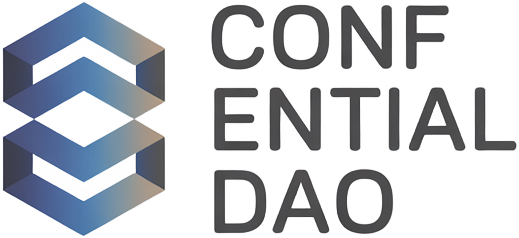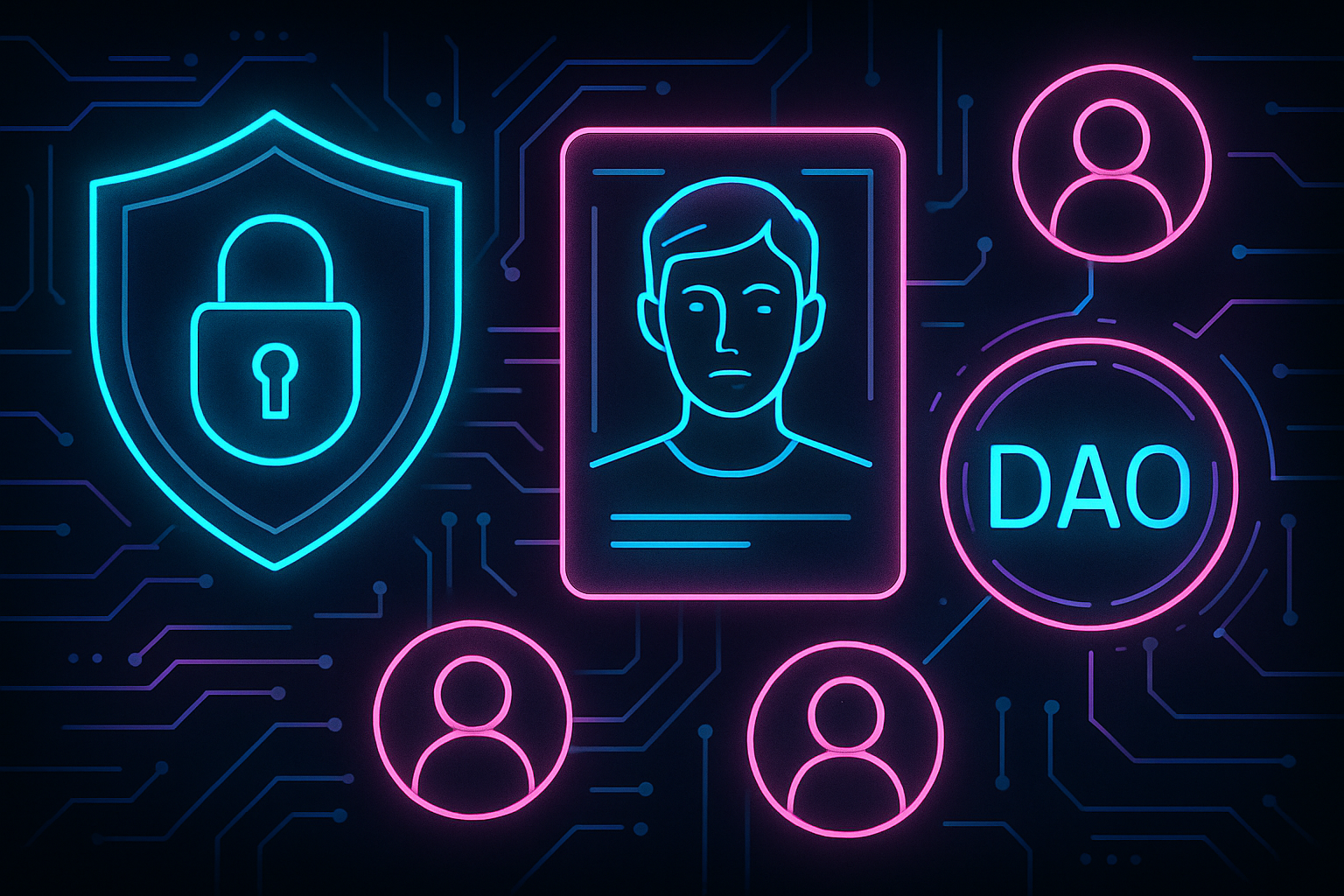
Decentralized Autonomous Organizations (DAOs) are rapidly transforming how communities coordinate, govern, and allocate resources. Yet, as these blockchain-native collectives grow in sophistication and scale, the question of how to manage member identity and privacy becomes increasingly urgent. Unlike traditional organizations that rely on centralized registries or KYC processes, DAOs must balance openness with robust privacy protocols to ensure both security and inclusivity.
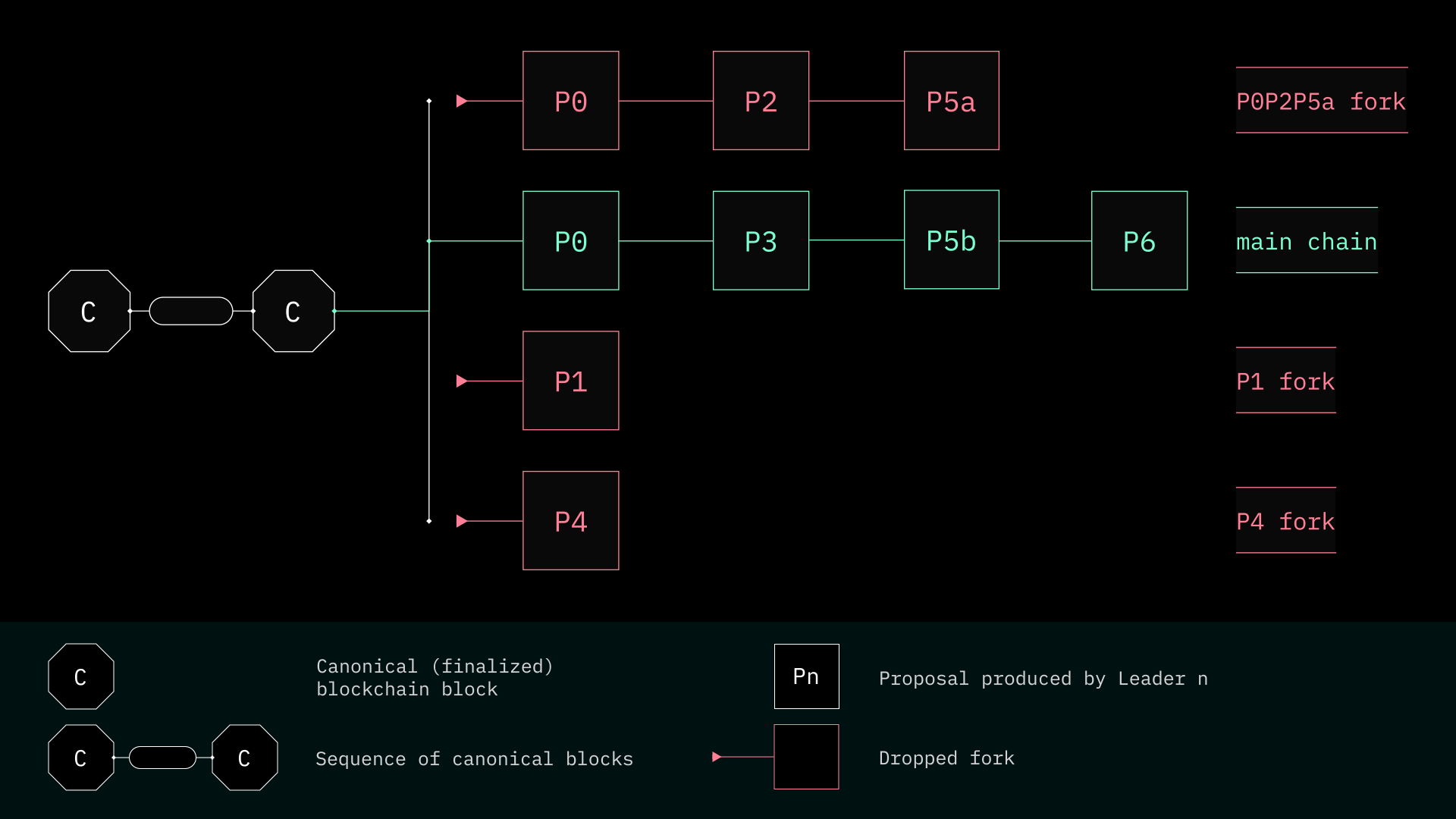
Why Identity Privacy Matters in DAO Membership
At first glance, the decentralized ethos of DAOs might suggest that privacy is inherent. However, public blockchains expose all on-chain activity – wallet addresses, proposal submissions, and voting – to anyone who cares to look. This transparency can inadvertently compromise member anonymity, making it possible to link actions to individuals over time. As highlighted by Amber Group, decentralized identity DAO solutions empower users to control their digital identities without relying on central authorities or exposing sensitive data.
The stakes are high: without adequate privacy measures, DAOs risk deterring participation from individuals who require confidentiality for personal safety, regulatory compliance, or simply philosophical reasons. Furthermore, transparent voting can open the door to corruption or coercion – a point emphasized in recent research from PSE.
Decentralized Identity Technologies: DIDs and Verifiable Credentials
The emergence of Decentralized Identifiers (DIDs) and Verifiable Credentials (VCs) offers a paradigm shift for private DAO membership. DIDs are unique pointers registered on decentralized networks; they allow users to maintain self-sovereign identities that are not tied to any single platform or provider. Through VCs – digitally signed attestations linked to DIDs – DAOs can confirm attributes like membership status or specific roles without exposing underlying personal details.
This architecture enables anonymous DAO participation while preserving accountability and governance integrity. For example, a contributor could prove they hold a certain role or reputation score within the organization without ever revealing their real-world identity.
Key Benefits of DIDs and VCs for DAOs
-
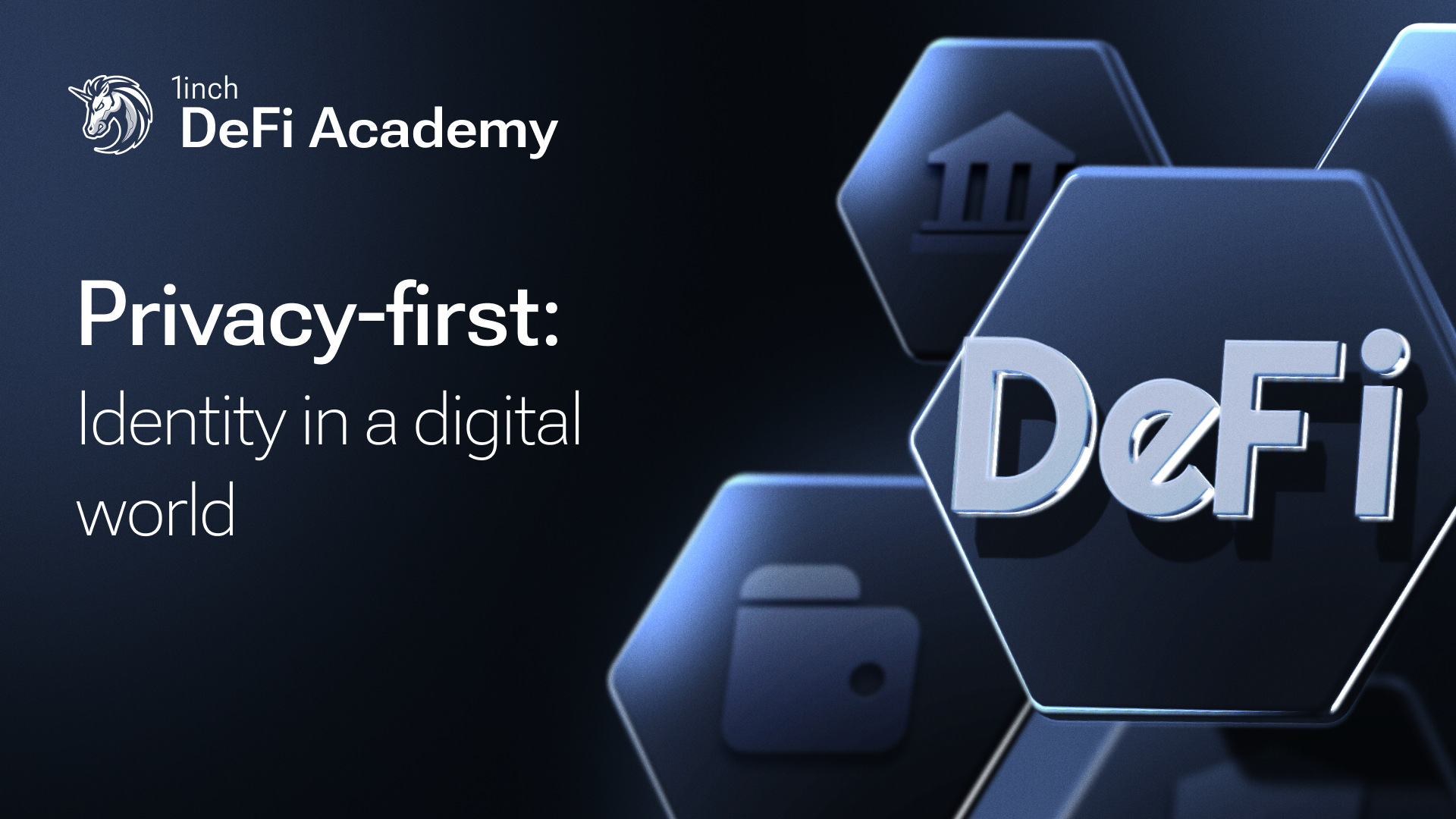
Enhanced Privacy and Data Sovereignty: Decentralized Identifiers (DIDs) and Verifiable Credentials (VCs) empower DAO members to control their personal data, sharing only necessary information while keeping sensitive details private.
-
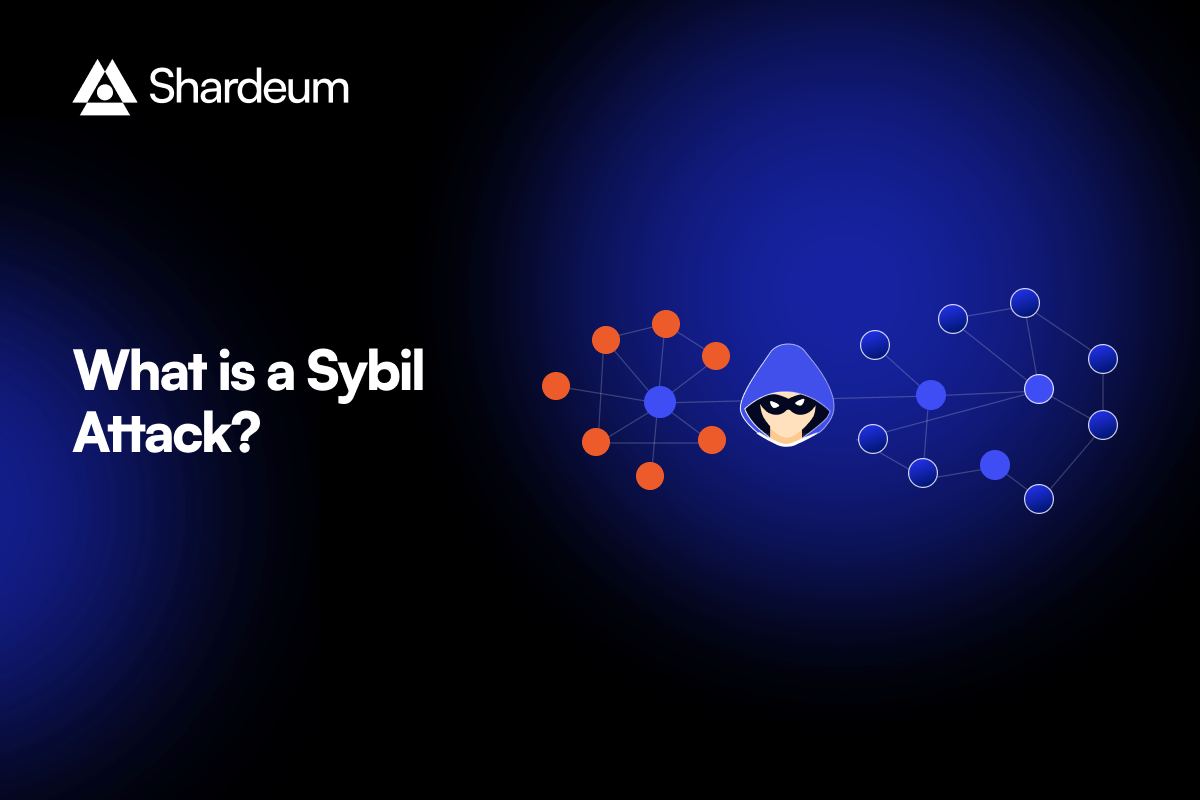
Sybil Attack Prevention: DID systems help DAOs verify the uniqueness of each participant, reducing the risk of Sybil attacks without requiring centralized KYC processes.
-
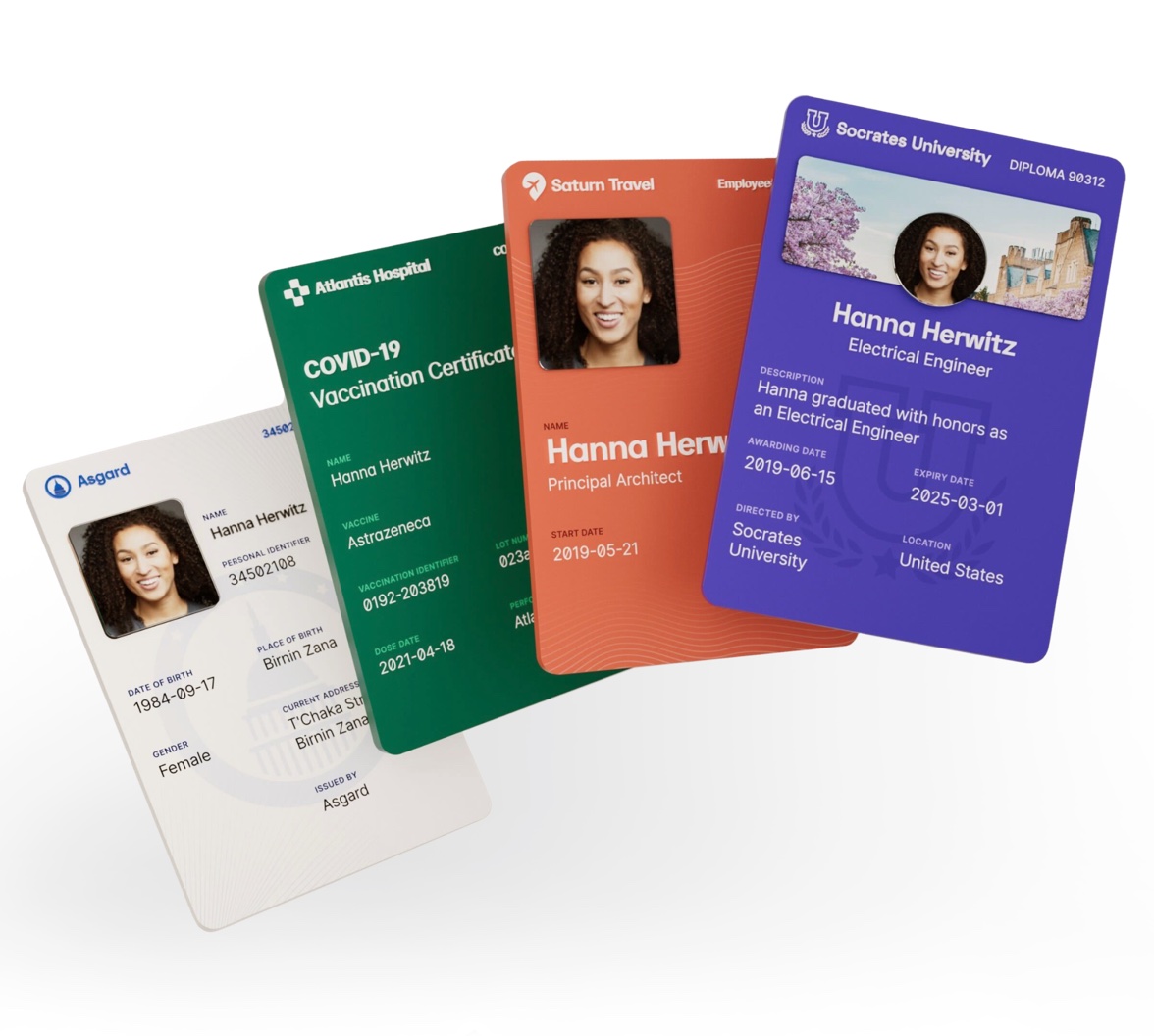
Role-Based Access Control: DAOs can issue role-specific VCs to members, ensuring that only authorized individuals can perform certain actions or access sensitive resources.
-
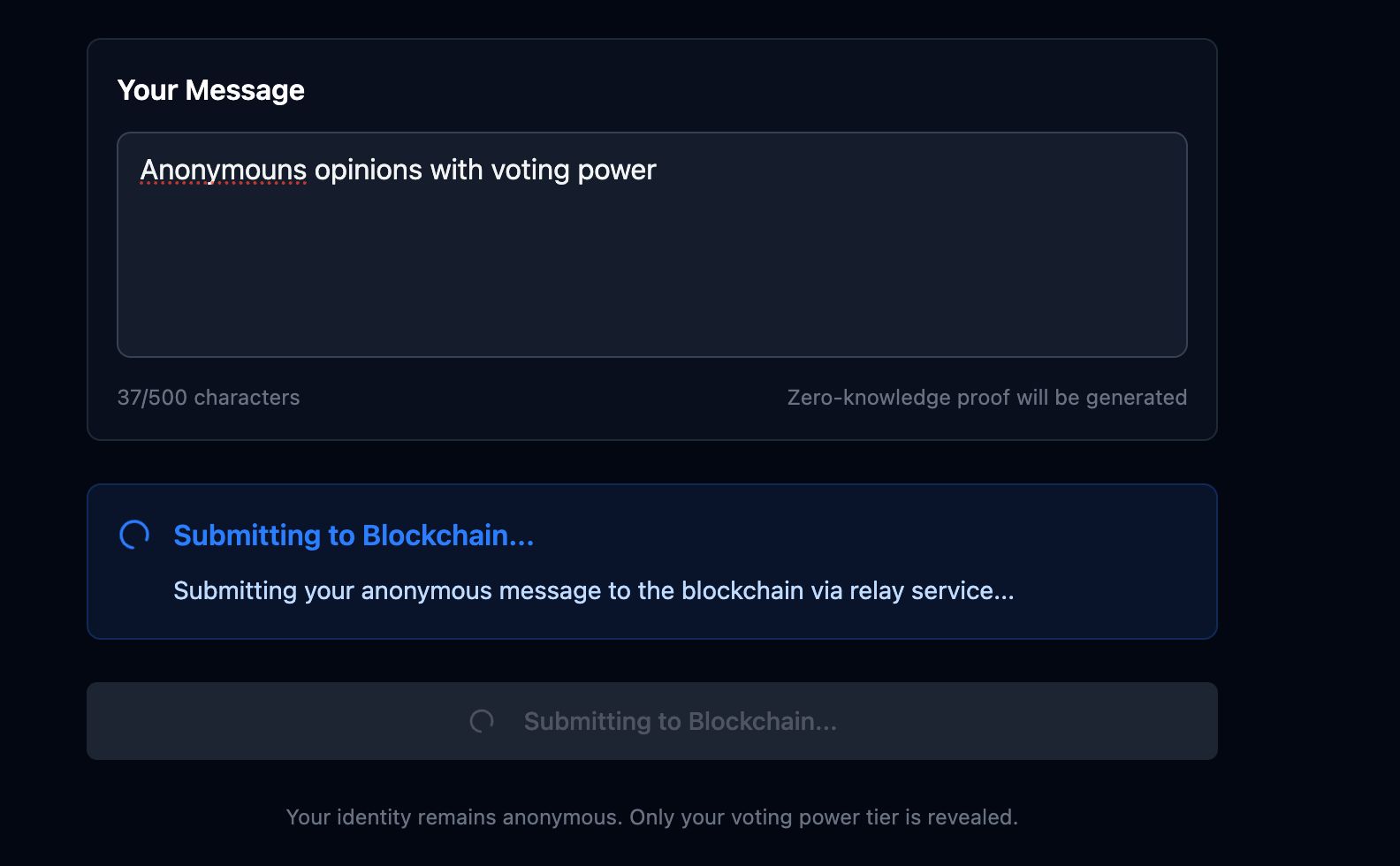
Privacy-Preserving Voting: With mechanisms like Zero-Knowledge Proofs, DIDs and VCs enable members to prove voting eligibility without revealing their identity, supporting confidential and honest governance.
-
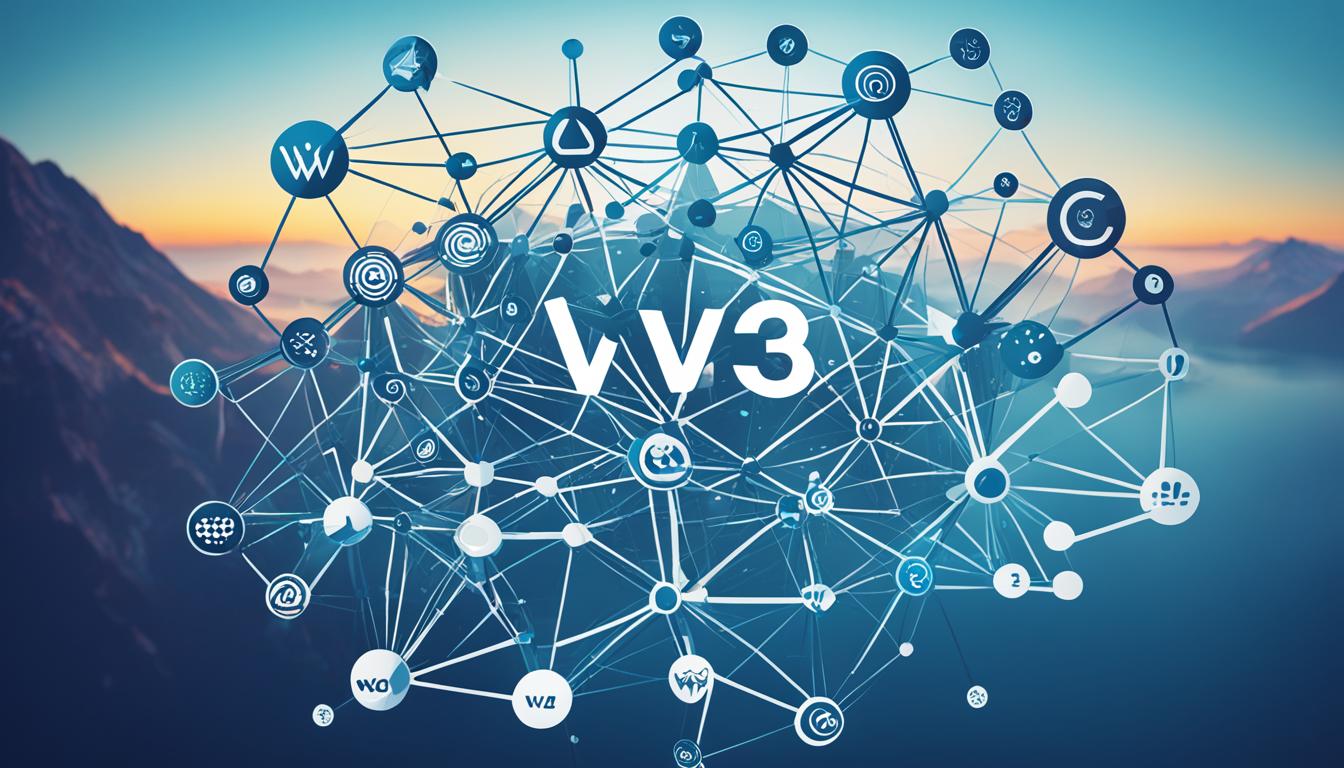
Interoperability Across Platforms: DIDs and VCs are based on open standards, allowing members to use their identities and credentials seamlessly across multiple DAOs and web3 services.
-
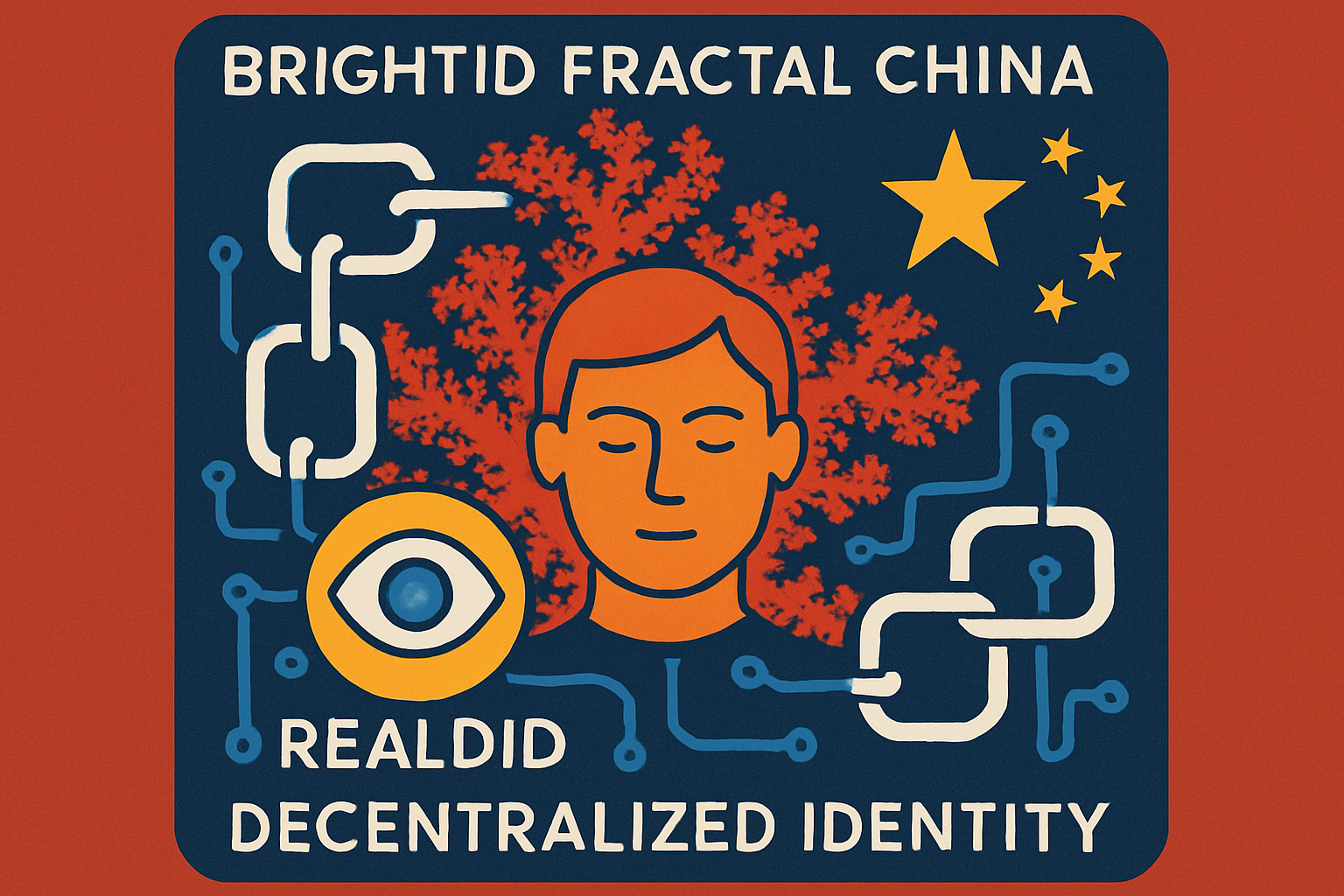
Real-World Implementation Examples: Platforms like BrightID (social proof for unique identities), Fractal (identity-linked governance), and China RealDID (national-level decentralized ID) showcase practical applications of DIDs and VCs in DAO ecosystems.
Privacy-Preserving Mechanisms in Action
The most advanced DAOs now incorporate cryptographic tools such as Zero-Knowledge Proofs (ZKPs). These allow members to demonstrate eligibility – say, the right to vote on a proposal – without disclosing who they are or even which wallet they control. In parallel, some projects employ Non-Fungible Tokens (NFTs) as authentication badges for access control; these NFTs can be transferred or burned as needed while maintaining member anonymity (arXiv).
This layered approach helps DAOs enforce permissions based on roles or achievements rather than static lists of wallet addresses. It also makes Sybil attacks far more difficult by ensuring every participant is unique without requiring invasive KYC checks.
Real-World Implementations: BrightID, Fractal and More
The theoretical promise of decentralized identity DAO frameworks is already being realized:
- BrightID: Uses social graphs for unique human verification without centralized oversight.
- Fractal: Links token holdings with reputational credentials for nuanced access management within DAOs.
- China RealDID: Demonstrates national-scale decentralized identifiers with privacy-preserving features suitable for large consortiums.
Together these examples illustrate how innovative identity solutions are enabling both secure governance and anonymous participation at scale.
While these decentralized identity DAO solutions are gaining traction, their effectiveness hinges on thoughtful implementation and ongoing community vigilance. The interplay between privacy, governance, and user experience is delicate: too much friction in onboarding or voting can stifle engagement, while lax controls risk undermining the integrity of the system. As DAOs experiment with new models, continuous feedback from members is essential to refine processes and strike a sustainable balance.
Addressing Regulatory and Compliance Challenges
Despite the promise of privacy-first architectures, DAOs must also navigate a complex legal landscape. Regulations such as GDPR require organizations to handle personal data responsibly, even when operating without a central authority. Decentralized KYC solutions are emerging as a middle ground, allowing for identity verification without sacrificing anonymity. By leveraging verifiable credentials and selective disclosure protocols, DAOs can demonstrate compliance with regulatory requirements while minimizing data exposure (Krayon Digital).
This approach is particularly relevant for DAOs managing significant treasuries or providing financial services. It enables them to adhere to global standards without reverting to traditional, centralized KYC databases that could compromise member privacy.
Preventing Sybil Attacks Without Centralization
One of the most persistent threats in decentralized systems is the Sybil attack, where an individual creates multiple identities to gain undue influence over governance decisions. Privacy-preserving identity frameworks like BrightID’s social graph verification or zero-knowledge proof-based uniqueness attestations offer robust defenses against this threat (BTC Peers). These mechanisms ensure each participant is unique while keeping their actual identity shielded from public view.
Practical Steps for Privacy-Preserving DAO Membership
-
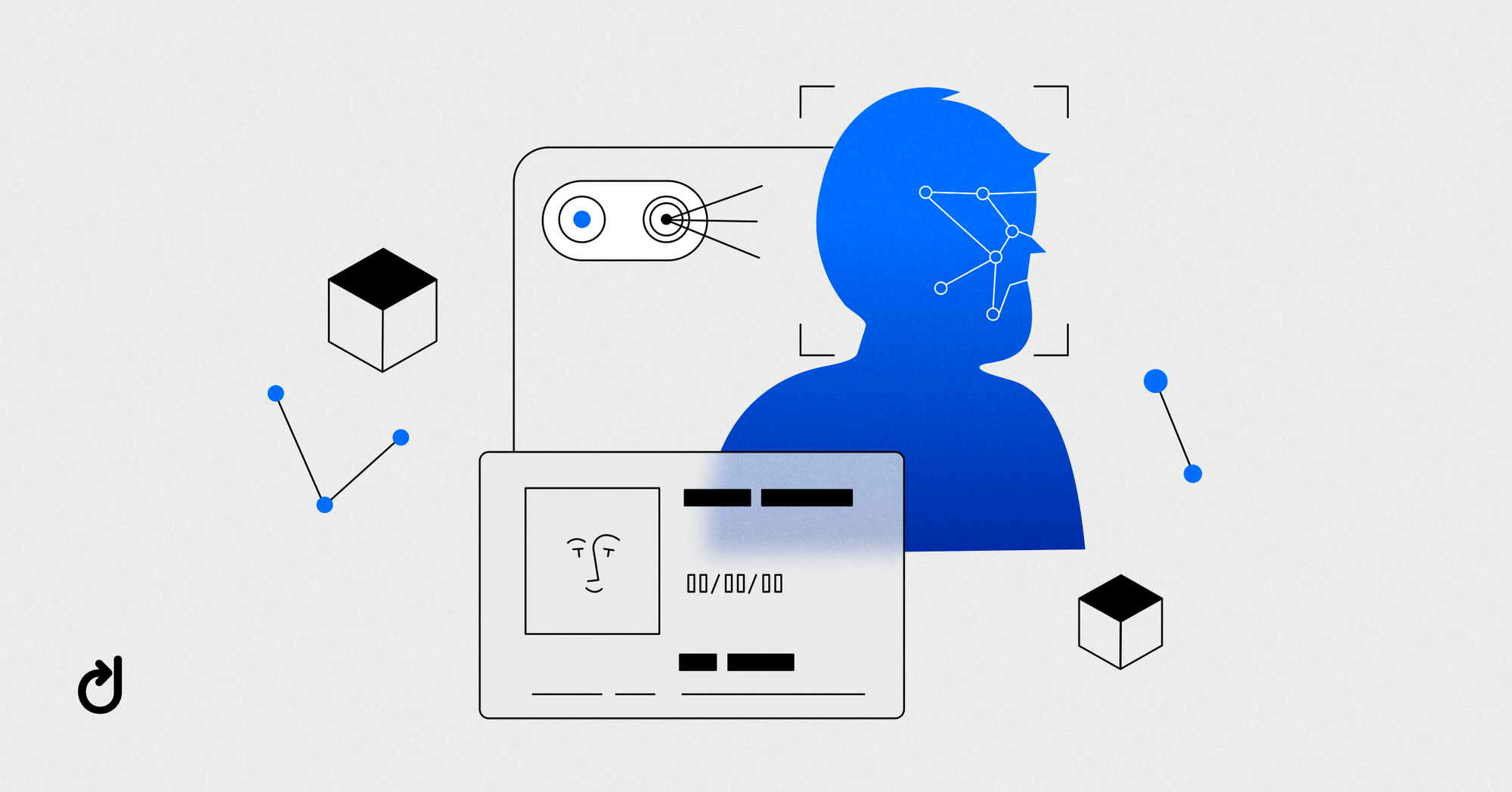
Adopt Decentralized Identifiers (DIDs): Implement DIDs to allow members to control their digital identities without relying on centralized authorities, enhancing privacy and autonomy.
-
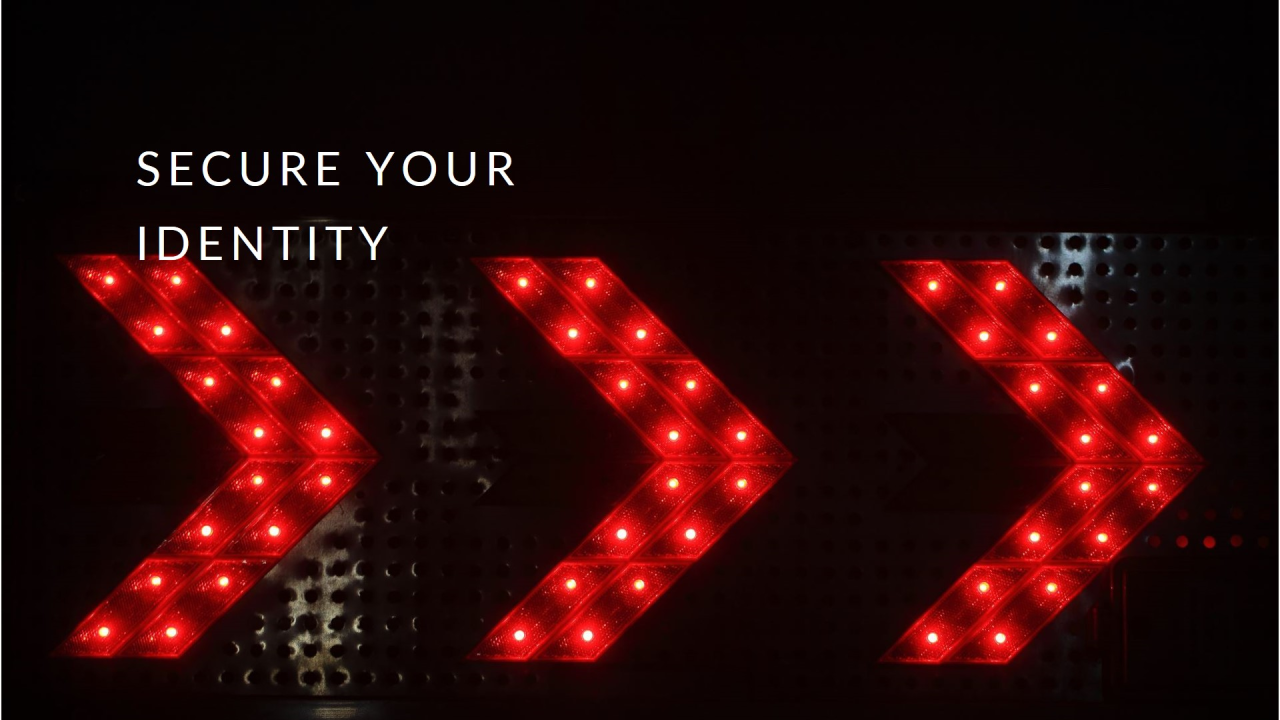
Issue Verifiable Credentials (VCs): Use VCs to grant and verify membership status or roles, enabling members to prove their eligibility or permissions without exposing sensitive information.
-
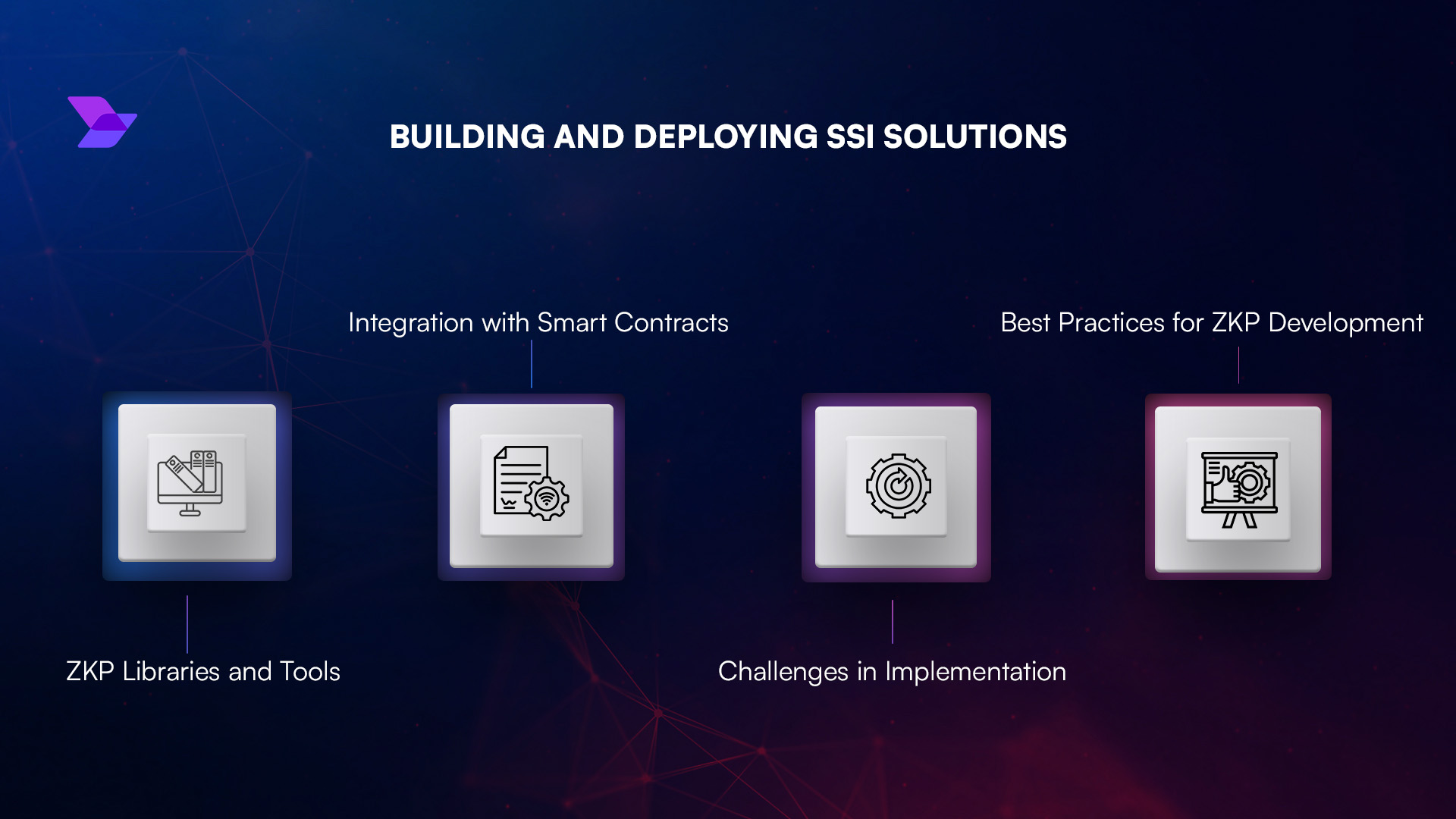
Integrate Zero-Knowledge Proofs (ZKPs): Leverage ZKPs so members can demonstrate rights (e.g., voting eligibility) without revealing their identities, supporting confidential participation.
-
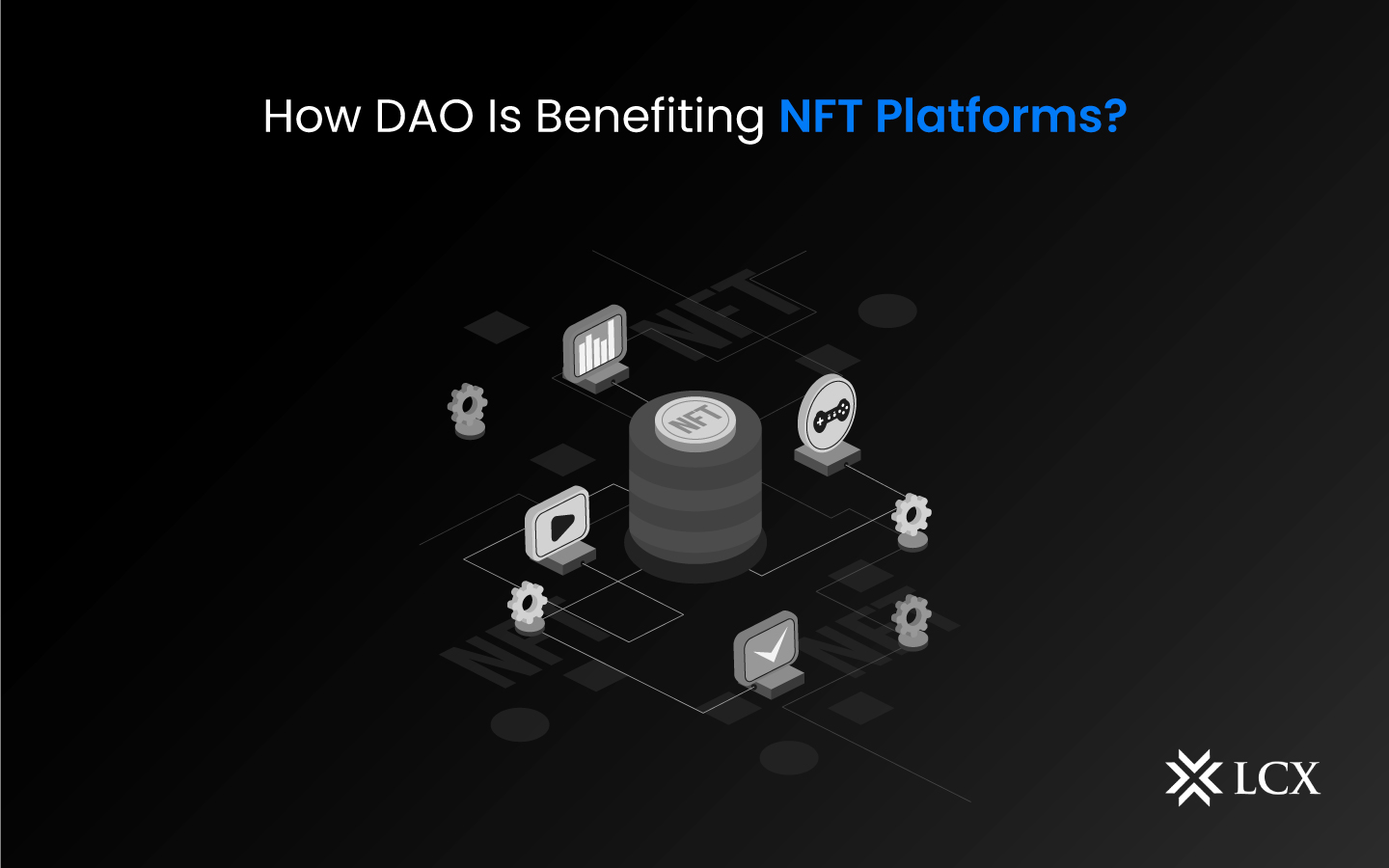
Utilize NFT-Based Authentication: Employ NFTs as privacy-preserving access tokens, allowing anonymous yet verifiable participation in DAO activities.
-
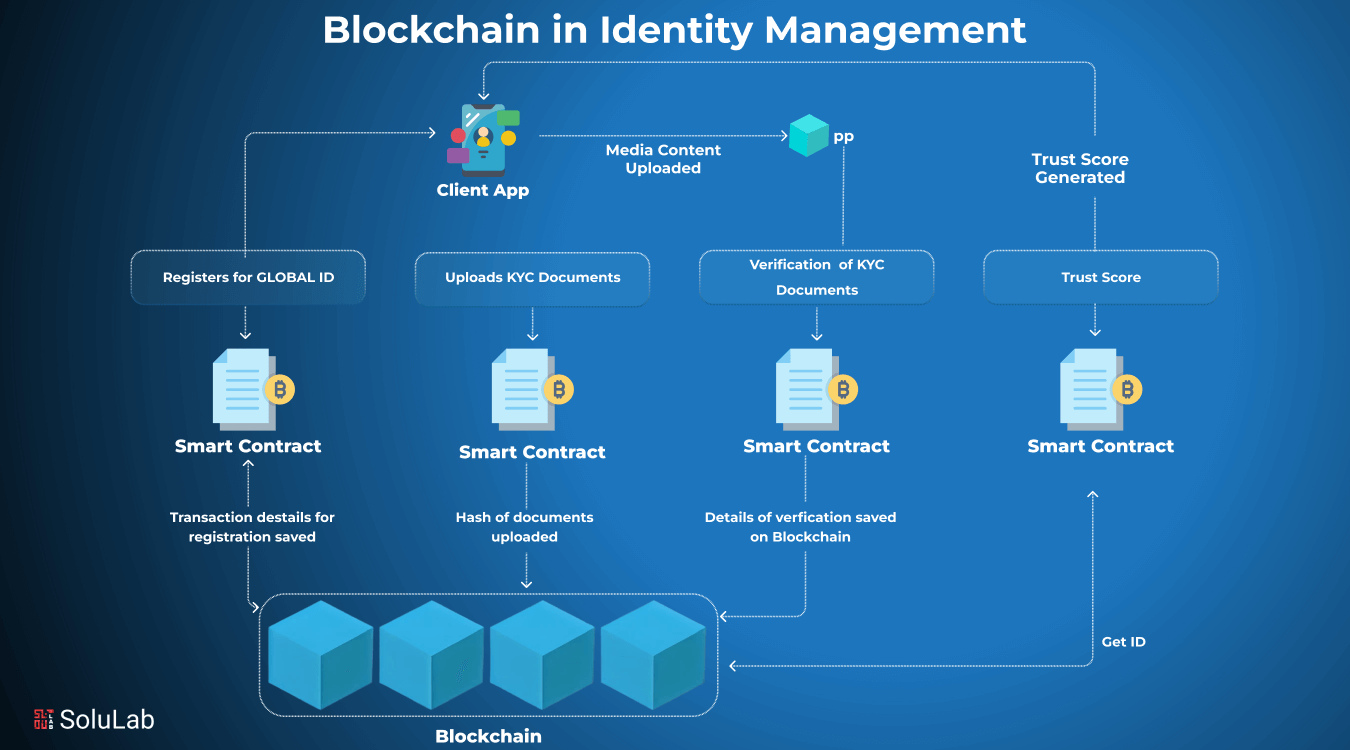
Define Role-Based Access with VCs: Assign specific permissions to roles (e.g., contributor, moderator) and enforce them through role-based VCs, ensuring only authorized members perform certain actions.
-
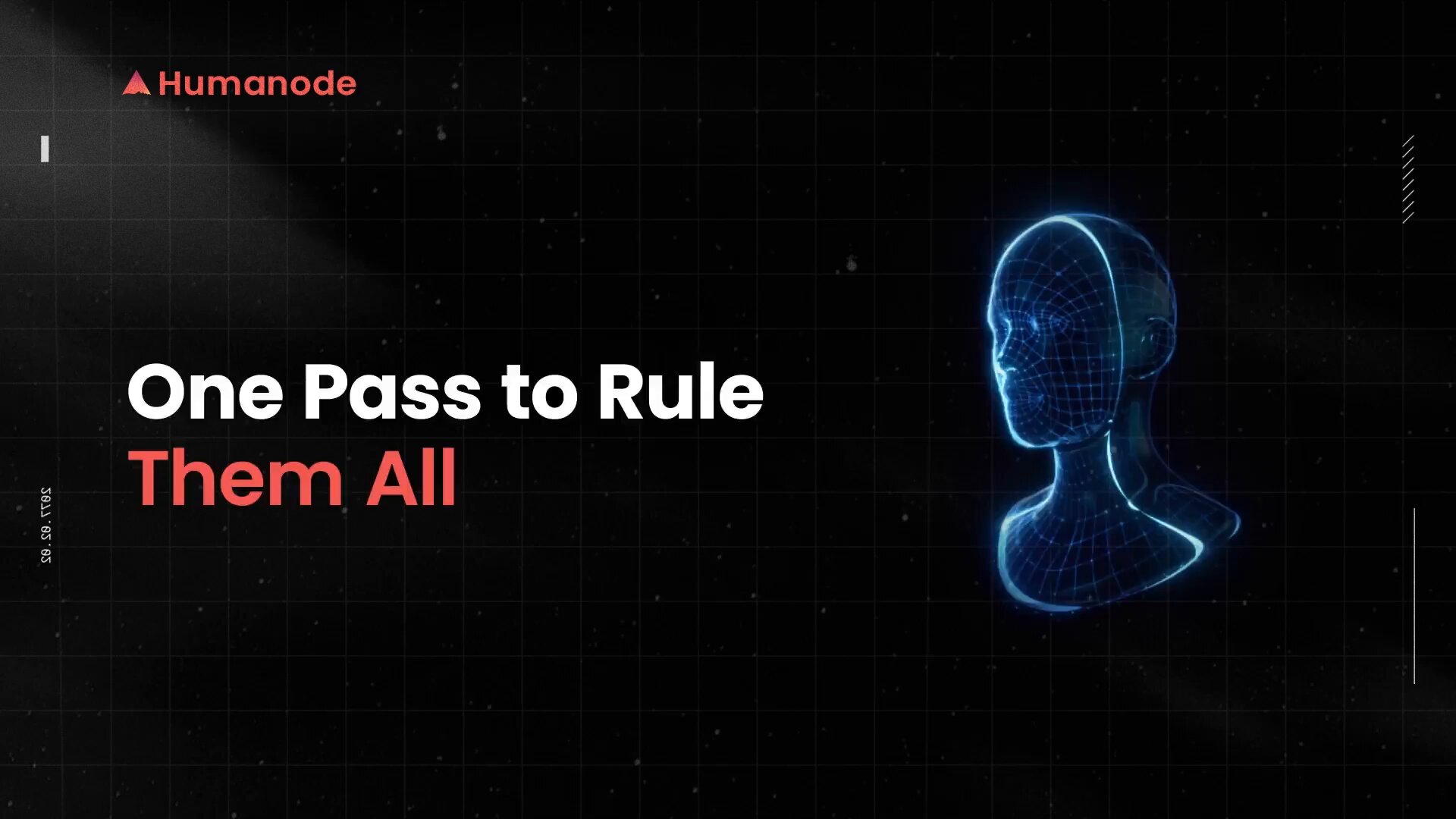
Prevent Sybil Attacks with Decentralized Verification: Use decentralized identity verification systems, such as BrightID, to ensure each member is unique without requiring centralized KYC.
-
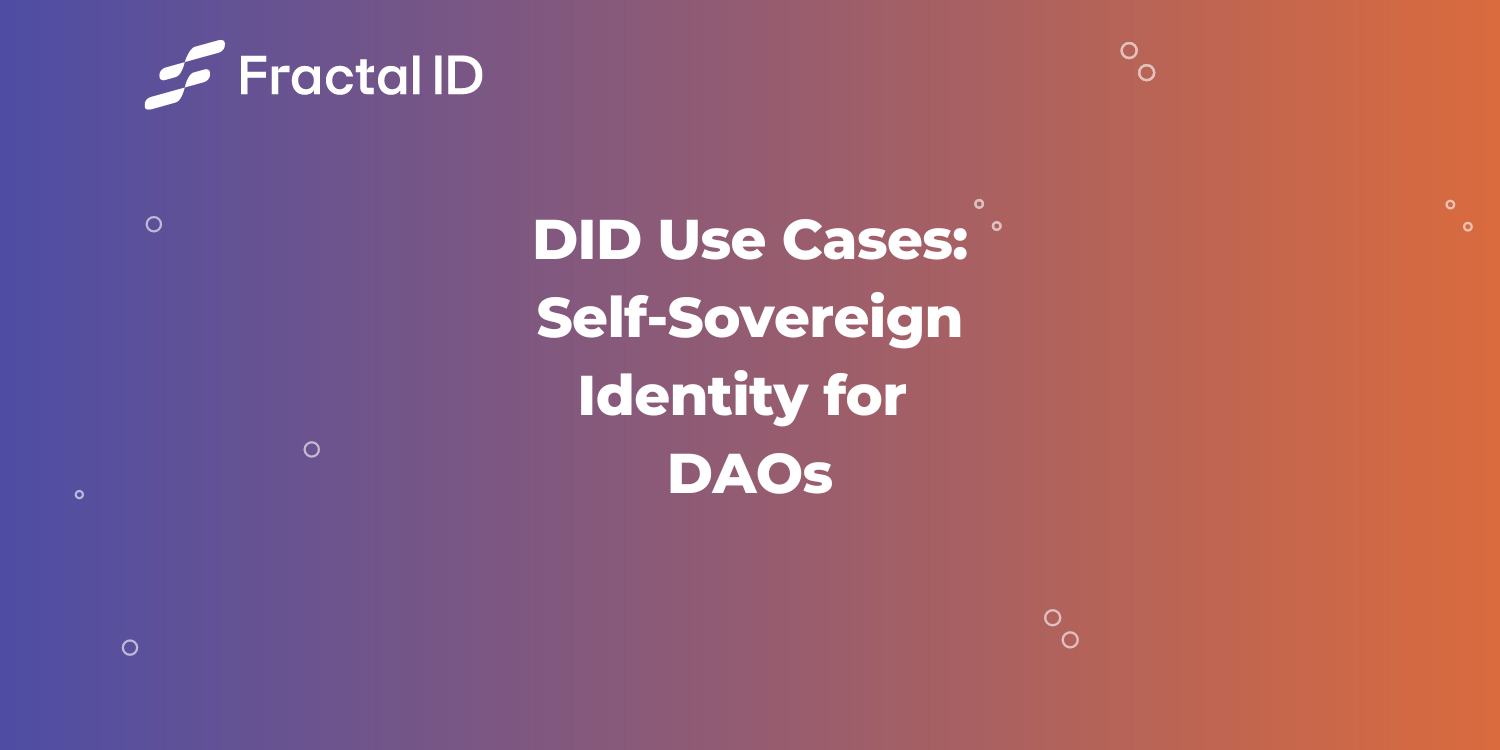
Leverage Established Identity Platforms: Integrate platforms like Fractal for governance and reputation management, or explore national solutions such as China RealDID for scalable, privacy-preserving identity verification.
For forward-thinking communities, adopting these tools not only secures governance but also fosters greater inclusivity, enabling participation from individuals who might otherwise be excluded by conventional KYC requirements or privacy concerns.
The Road Ahead: Evolving Standards and Best Practices
The landscape of identity privacy blockchain technology is evolving rapidly. Open standards for DIDs and VCs are being refined through collaboration between blockchain projects, cryptography researchers, and regulatory experts. As more DAOs adopt these standards, interoperability will improve, allowing members to move seamlessly between organizations with their privacy-protecting credentials intact.
The future of private DAO membership lies in composable frameworks that combine transparency where necessary with confidentiality by default. As new use cases emerge, from investment collectives to social networks, the need for adaptable identity solutions will only grow more acute.
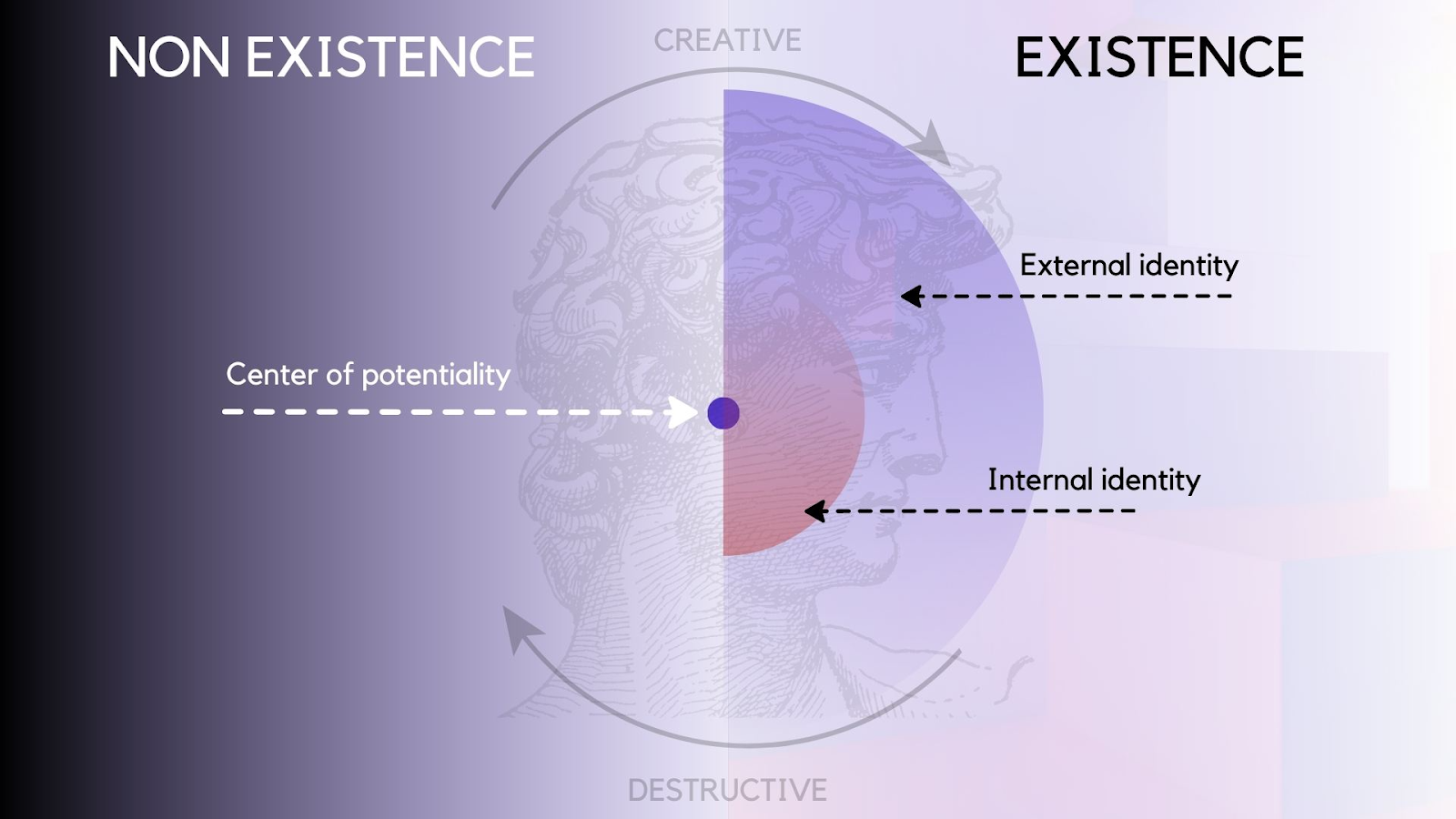
The next wave of innovation will likely focus on user-centric design: making it easy for members to manage their credentials, prove eligibility for roles or votes, and audit their own activity without exposing sensitive information. Ultimately, the goal is not simply technical compliance but empowering individuals with true agency over their digital identities within decentralized communities.
The success of tomorrow’s DAOs hinges on building trustless systems that respect both security and personal sovereignty, delivering robust governance without compromising the core ethos of decentralization.
